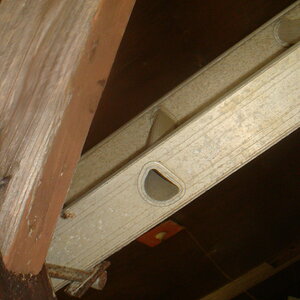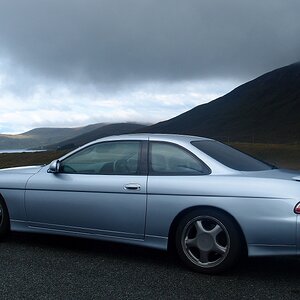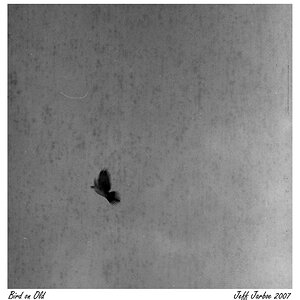kundalini
Been spending a lot of time on here!
- Joined
- Jul 18, 2007
- Messages
- 13,607
- Reaction score
- 1,937
- Location
- State of Confusion
- Can others edit my Photos
- Photos NOT OK to edit
I have two questions concerning power management and one with power surge. I am getting conflicting answers from various sources and want to know what you guys do.
The camera main battery and it's backup. The latest therory I've heard is to mark your batteries 1 & 2 / A & B, whatever. Run the main for the days shoot or certainly well before the charge blanks. Recharge it and if necessary put in the secondary to finish the job, but do not recharge the secondary until necessary. After the primary is charged, exchange the batteries. Continue this process until the primary is depleted (dies). Buy another secondary and use the formerly secondary battery as the primary and continue with these steps on and on.
The therory is that, even though ceilings aren't set with todays batteries, life expectancy is limited. By not using and continually recharging the secondary, it's life will be extended. True or false?
Second question has to do with switching power on/off. I've been told to keep the camera continually powered on during a session. The constant on/off will adversely affect the life expectancy of the battery. True or false?
Third question has to do with possible electrical surges that may occur when changing lenses. This is nothing I have any awareness of, but have concerns. Do you turn the camera's power off when switching lenses. I just have a concerns of static charge killing the CPU contacts on the body or lens.
As always, thanks for you input.
The camera main battery and it's backup. The latest therory I've heard is to mark your batteries 1 & 2 / A & B, whatever. Run the main for the days shoot or certainly well before the charge blanks. Recharge it and if necessary put in the secondary to finish the job, but do not recharge the secondary until necessary. After the primary is charged, exchange the batteries. Continue this process until the primary is depleted (dies). Buy another secondary and use the formerly secondary battery as the primary and continue with these steps on and on.
The therory is that, even though ceilings aren't set with todays batteries, life expectancy is limited. By not using and continually recharging the secondary, it's life will be extended. True or false?
Second question has to do with switching power on/off. I've been told to keep the camera continually powered on during a session. The constant on/off will adversely affect the life expectancy of the battery. True or false?
Third question has to do with possible electrical surges that may occur when changing lenses. This is nothing I have any awareness of, but have concerns. Do you turn the camera's power off when switching lenses. I just have a concerns of static charge killing the CPU contacts on the body or lens.
As always, thanks for you input.


![[No title]](/data/xfmg/thumbnail/33/33906-2f9b24e4b1e1be07f68257916df0f2b3.jpg?1619736208)










